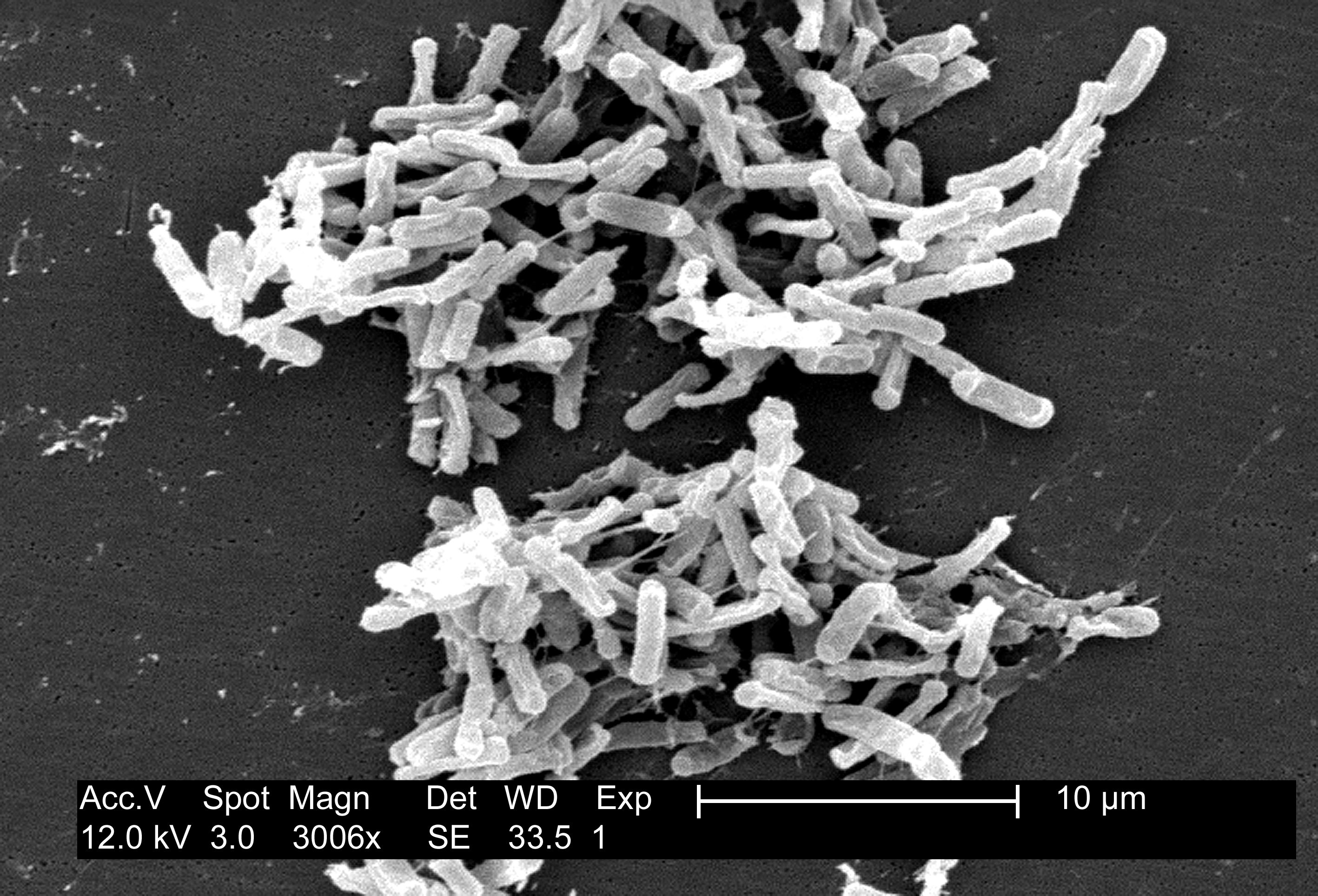Whether they are weighing train cars, big rigs or vegetables in your local grocery, scales are the engines that drive global commerce. Without them, there could be no trade, and laboratories and pharmaceutical companies would have to dream up other ways to assay, mete and dose. Yet most of us are oblivious to the physical laws and clever engineering that go into these pivotal devices. It’s time to weigh in on…
All posts by Nicholas Gerbis
Felon gun ownership: clause and effect

The idea that criminals should forfeit certain civil rights reaches back at least to the 19th-century concept of civiliter mortuus (“civil death”). Today, federal law bars convicted felons from possessing firearms or ammunition. Case closed, right? Wrong. Federal law works in mysterious ways, particularly when it bumps up against state interests and high court interpretations.
The verdict on strict gun laws
Tragic events like the Sandy Hook Elementary mass shooting inspire horror and indignation. They also boost gun sales and energize campaigns demanding more comprehensive (or better-enforced) gun control. But as of this writing, the likelihood of legal reform following the events in Newtown, Conn., remains unclear.
In the U.S., the gun control debate involves deep-seated beliefs concerning constitutional law, individual rights, the proper role of the state and how to build the best and safest society. But it also encompasses an important practical question:
Do Countries with Stricter Gun Laws Experience Less Crime or Fewer Homicides?
For green energy, there’s no place like loam

Petroleum use is rife with environmental and security issues, and first-generation biofuels fall well short of carbon neutrality. Moreover, as global food crops literally lose ground to biofuel production, mounting scarcity is driving up food prices, increasing global hunger and political instability.
But what if we could have our rice and burn it, too? What if we could derive energy from crops without killing them, or generate power using plants and land not needed for food, all through the power of microbes?
Fecal transplants: One man’s trash…

Accepting a transplant of someone else’s stool might sound extreme, but it might just be the next big thing in medicine, thanks in part to a potentially deadly stomach bug called Clostridium difficile.
C. diff, an emerging epidemic in hospitals and nursing homes that tears through the gut like Sherman through Georgia, has grown increasingly virulent and antibiotic-resistant in recent years. For many sufferers, fecal microbiota transplantation offers hope when all else fails. Can we get over the “ick factor” when our lives are on the line? You bet we can.